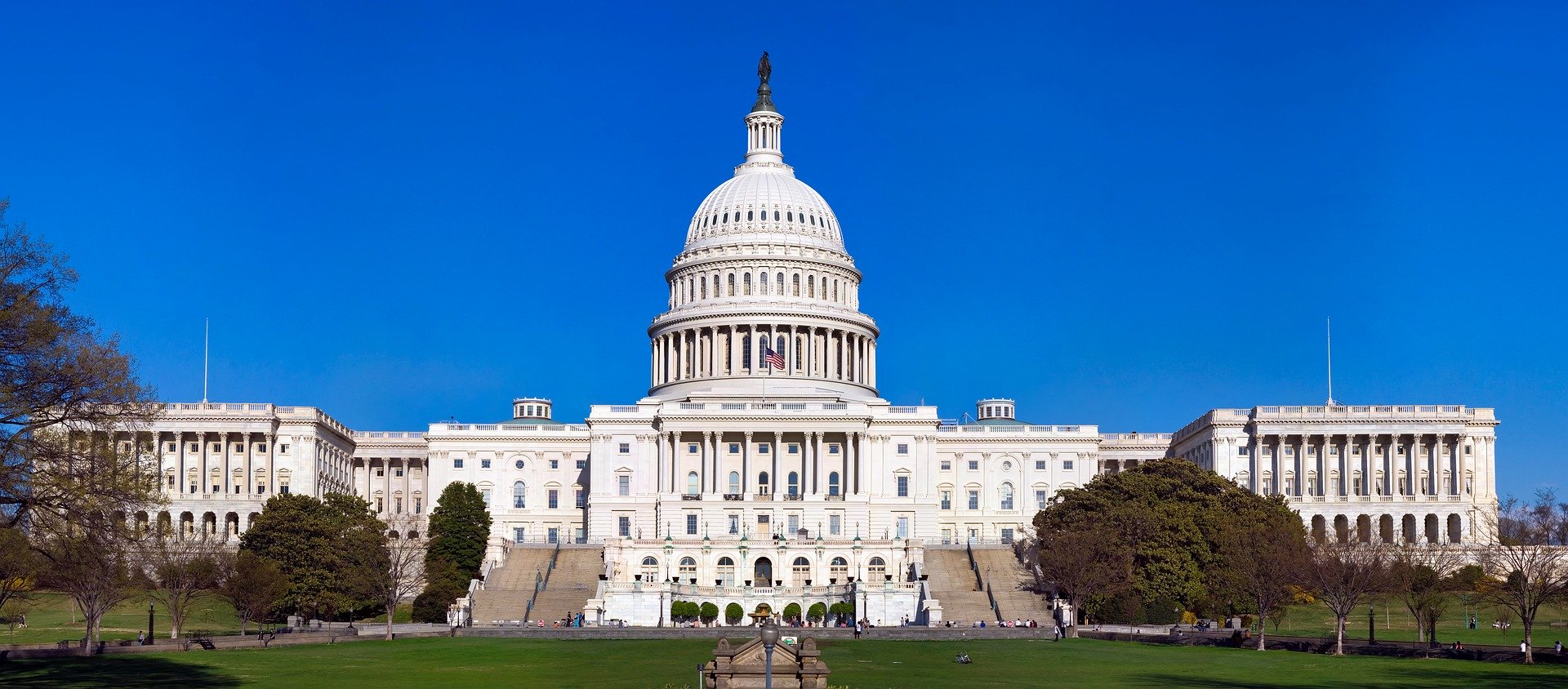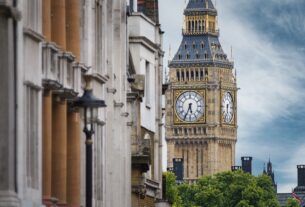Support NewsLeaf.com by becoming a Patron today by clicking here.
The problem of police brutality in the United States is one that has been highlighted by the Black Lives Matter movement, but the root cause of brutality runs parallel to the systemic racism in the United States. To solve the issue of police brutality, the United States needs to not only fix the racial injustices ingrained deeply within the social fabric of the nation – following centuries of slavery and segregation – but to solve the gun problem.
And yes, it is a problem. America does not just have a different policy from most other western nations, they have a problem that results in the excess deaths of thousands of people. An epidemic of gun-related deaths caused by excessively powerful lobbies and activist groups that have prevented serious and pragmatic restrictions on gun ownership in the nation.
The crux of the issue stems, of course, from the second amendment, which states:
‘A well regulated militia being necessary to the security of a free state, the right of the people to keep and bear arms shall not be infringed.’
From this, the dominant interpretation is an almost unlimited right to bear arms in the United States, with very few checks on the types of weapons that can be purchased (despite variations by states) and who can purchase those weapons.
For some, the only approach is a constitutional change, scrapping the second amendment entirely and issuing a buy-back scheme to requisition and destroy all owned guns. This would be like the approach of Australia following the 1996 Port Arthur Massacre; 650,000 guns were bought back by the Australian government and destroyed between 1996-97.
This probably is not viable – although certainly would solve the problem. The United States population supports their right to bear arms to such an extent that a complete buyback would not be possible. 73 per cent of Americans believe that the amendment permits them to own a gun and the influence of gun lobbies, to whom many in Congress are beholden, makes any change this grand unlikely.
Instead, it must be about pragmatic changes that aim to reduce the number of firearm-related deaths in the United States, with incremental and federal-led reforms. Even this has met resistance; the United States are not only averse to the banning of gun ownership but the closing of any loopholes or the tightening of restrictions to keep guns away from dangerous people.
The National Rifle Association (NRA) has spent hundreds of millions of dollars over election cycles to support the candidacies of (mostly) Republicans, who oppose any changes to gun-related legislation.
In response to the Sandy Hook School shooting in December 2012, rather than seeking to arrest the root cause that led to the deaths of 28 children, families of the victims were often abused on social media and sent death threats; the NRA stated the solution to school shootings was more guns – security guards armed with automatic weapons to defend schools. They attacked Barack Obama for daring to mention a ban on high capacity magazines and assault-style weapons – typically used in mass shootings – and mentioned his daughters in an attack ad.
The same was seen with the Parkland school shooting in 2018. The March for Our Lives movement sprang up following the deaths of 17 students at the Florida school, with prominent students at the school campaigning for serious change to save the lives of others. David Hogg and Emma Gonzalez became national figures in the fight for change, but rather than seeing their demands listened to and met with change, they have been subjected to online abuse and conspiracy theories. The popular host of right-wing conspiratorial YouTube show, Alex Jones, was criticised for calling students involved in the Parkland and Sandy Hook shootings, “crisis actors” and directed his followers to harass the families of those killed.
*Support NewsLeaf.com by becoming a Patron today by clicking here.*
The only slight movement in recent years has been on banning bump stocks, a device that turns semi-automatic weapons into quasi-automatic firearms and was used in the killing of 58 people from a Las Vegas hotel window in 2017. The massacre resulted in a further 413 people being wounded, yet still, little progress was made and the response of the NRA was to suggest that those with a concealed carry licence (meaning that they can carry a firearm in public) should be allowed to do so in all 50 states.
Pragmatic proposals to limit gun violence have attempted to close the gun show loophole, which means that guns can be purchased without the buyer ever having to undergo a background check. This is one of the most sensible reforms that the United States could make overnight, to drastically limit the number of deaths. Many of those who commit violent gun crime acquired their firearm legally, despite many being on terror watch lists and having violent crime convictions or serious mental illness. A closure of this loophole alone would go some way to arresting the number of mass shootings that the United States suffers.
Even this would face significant opposition, but should a strong Democratic majority be won in Congress this November – currently the most likely outcome – then a comprehensive bill should be tabled by a potential Biden administration.
A bill which seeks to ban high capacity magazines – making mass shootings more difficult to perpetrate – and the limitation of assault-style weapons, alongside reforms to who can legally own and carry a weapon will almost certainly reduce the number of shootings in the United States.
The imposition of stricter background checks, as proposed by Hillary Clinton during her 2016 presidential run, and the federalising of gun legislation to ensure a blanket approach, avoid trans-state loopholes would go some way to also reducing the ability of dangerous people from getting hold of weapons.
Also read:
- The New European newspaper celebrates its Fourth Birthday
- Raza Hussain interviews Momina Ayub
- Here is what Pakistanis and Indians should definitely learn from BTS
Ideally, the United States should go further. Annual checks on gun owners to ensure that weapons are being stored safely – not just keeping a handgun under the pillow – as well as checks on mental health and personal factors that often lead to shootings – such as family or personal trauma. Although this would likely be the most significant step in ensuring that the United States is kept safer, the strength of the gun lobbies would perhaps be too powerful.
Even with a strong Democratic majority in both chambers of Congress, there would likely be too many representatives and senators beholden to the lobby to enforce such a change.
For the United States, fixing the gun problem should be near the top of their priority list – right alongside systemic racism and healthcare reform. In 2020, there have been 260 mass shootings across the United States, so far. Already looking likely to surpass the 435 in 2019, which resulted in more than 500 people dead. The need for change could not be clearer, yet achieving it, could not be harder.
_____________________________________________________________________________

Calum Paton is a History and Politics student at the University of Warwick. His writing predominantly focuses on American and British politics. Twitter: @Paton_Calum




